When I left my 19-year-marriage at 50, I was resolute in my desire not to waste time thinking “woulda, coulda, shoulda.” I forced myself to look at it as an opportunity—to learn, to grow, to try new things—or, as it turned out, discover old ones. Like playing pool.
My first college boyfriend showed me how to hold a cue stick but my skills never took hold. I used the full-on velocity approach—hit the cue ball as hard as you could, with the hope of a ball careening into a pocket. I “scratched,” or pocketed the cue ball (which means you lose your turn) frequently; however the satisfying “thwack” of a well-placed (and lucky) shot was gratifying.
I remembered how to rack, and how to hold the cue—awkwardly.
In 2016, nearly 30 years since I’d picked up a stick, I found myself at the local pool hall. It wasn’t a particularly auspicious beginning. It was the first “stretch” after the divorce—the four days out of every two weeks my kids would spend with their dad. On day one, I languished fetal-like on my bed, watching Golden Girls reruns and wondering why I hadn’t been able to make my marriage work.
The second day, I forced myself into the car and drove to the dimly lit pool hall a few miles from home. On this hot summer afternoon, there were just a few men, blue-collar-looking guys in tank tops and shorts, playing at tables. I opted for a friendly-but-not-too-friendly demeanor, made minimal eye contact, and rented a table.
I remembered how to rack, and how to hold the cue (awkwardly). There was something soothing in lining up shots and attempting them. Rarely did I hit the ball the way I wanted to, but like Pavlov’s dogs, the rewards came just frequently enough to keep me engaged.
Read More: Finding a New Hobby and My Buttercream Bliss
Putting in Time at the Table
I started to make an afternoon or evening of it, playing by myself and keeping my head down. About a month in, a grizzled man with a brush cut and chest hair sprouting from his Harley tank top ambled over. “Seen you here before,” he said, shaking my hand. “I’m Glenn.” I met Tim. JT. Rich. Mike. Murph. Orlando. Bob. Debbie.
I’d been intimidated when I first started playing, but I got used to being one of the few women there. Several of the regulars gave me pointers and occasionally challenged me to games. I usually lost, but my game slowly improved. When Debbie suggested I join her American Poolplayers Association (APA) league team, I started playing a team sport for the first time since high school.
There’s no crying in pool.
Wednesday nights became my proving ground. My 60-something captain, Carlo, was a 6’3” Jean Reno lookalike with a “7” handicap, the highest APA handicap you can have in 8-ball.
Carlo called me “kid” and growled at me if I rushed a shot or popped up too quickly. He would cover his face with one of his huge hands when I scratched or missed spectacularly on an easy tap-in. “What were you thinking?” he’d ask, and I’d bite my lip and try not to tear up. Because there’s no crying in pool.
In league play, your score counts for you and your team. You play poorly—you hurt your team. The pressure was on and I didn’t like it. Carlo took the time to show me the basics I should have learned decades before. I learned how to create a more stable brace with my fingers, to lightly grasp the end of the cue instead of grabbing it, and to chalk my cue before every turn to prevent it from “miscuing,” or sliding off of the cue ball.
But I often got beat because I was more interested in sinking balls than considering my next shot, or “safetying”—shooting defensive shots that would make it harder for my opponent to win.
Reaching Pocket Speed
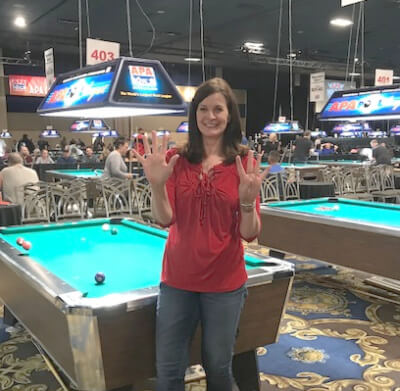
The author holding up her fingers to indicate her place in the recent national championship.
One night after yet another loss, Carlo took me aside. “Do you know what you always say when I offer you advice?” I shook my head. “You say, ‘I know.’
“I know,” I interrupted him before I could stop myself.
“You could be a great player, but you have to listen,” he said. “When you say, ‘I know,’ it discounts what I’m saying. It tells me you’re not willing to listen.”
I opened my mouth to contradict him, and then shut it. He was right. I had to be willing to admit that I didn’t know to learn what I didn’t know.
So I listened. And watched. And learned. I learned to slow down, to survey the table before I took a shot, that sometimes it’s smarter not to pocket an easy ball and instead leave it blocking a pocket. I learned that pool etiquette means that you stay away from the table until it’s your shot; that you never walk behind someone who’s shooting; and that you hand the cue ball to the other player when you scratch. I learned how to hit the cue ball with just enough force to kiss a ball into the pocket (that’s what they call “pocket speed”), how to hit the ball lower to “draw,” or bring it back to you, and what “English,” or “spin” is and how to use it.
Miscues and Beyond
I learned how to score. I made friends. I cheered my teammates on when they won and commiserated when they lost. I bonded with bartenders; drank cheap beer; and I realized I’d found a place where I felt at home. A place where I wasn’t judged on my looks or age or even gender—because women can, and do, play as well as men do.
Women can, and do, play as well as men do.
At the table, it doesn’t matter what you do for a living or how old you are or how you vote. Can you bank the 11 into the corner? Can you execute a safety to force your opponent to give you ball-in-hand? Can you draw the cue ball back to give you a clear shot on the 8-ball?
And maybe most importantly, can you recover after a miscue, take a deep breath, and reset before your next shot? Because that is what counts. Not just at the table, but in the second act of your life as well.
Kelly K. James recently placed 9th as a level 3 handicap at the APA National 8-ball Championships. Her goal is to win it all one day.
Read More: Holding Splendor: Celebrating Beautiful Hands That Have Truly Lived

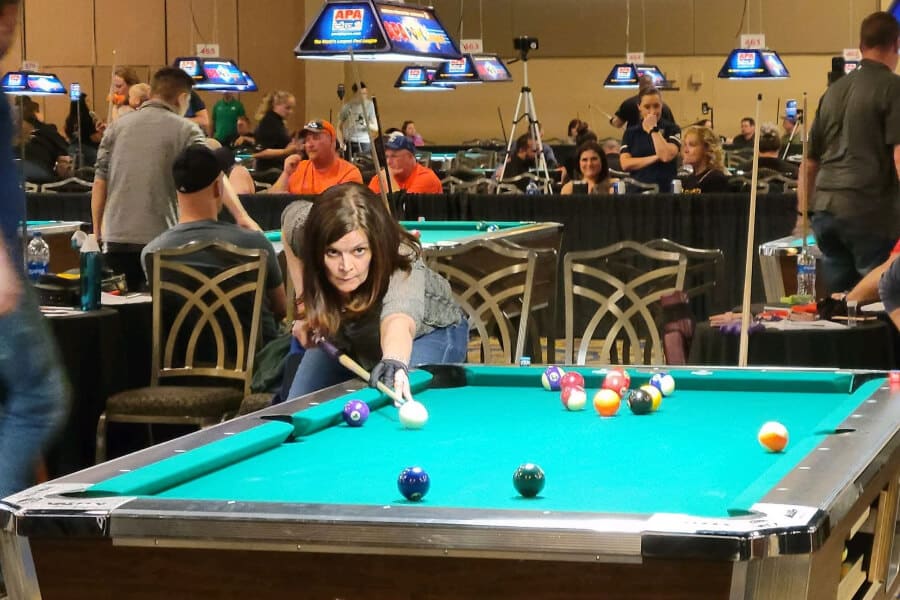







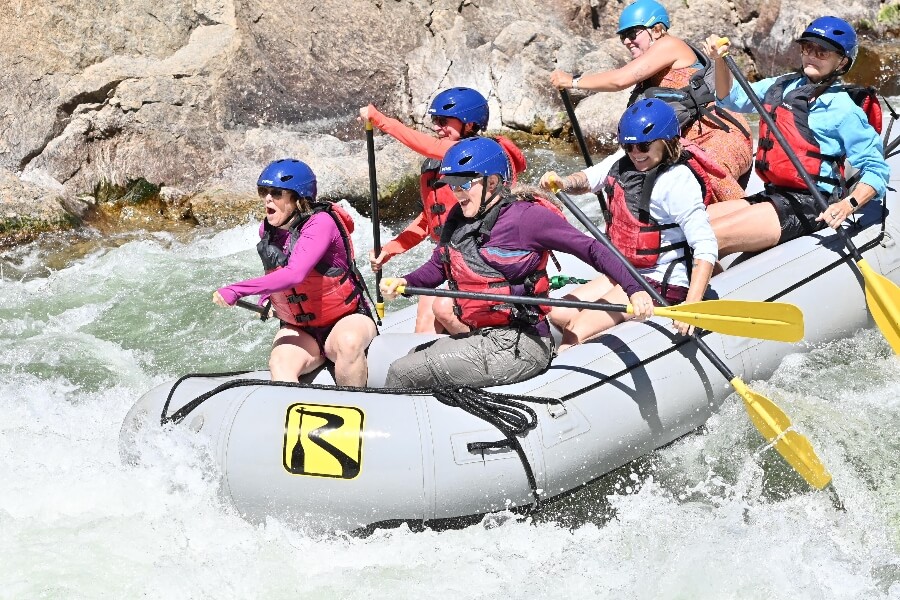





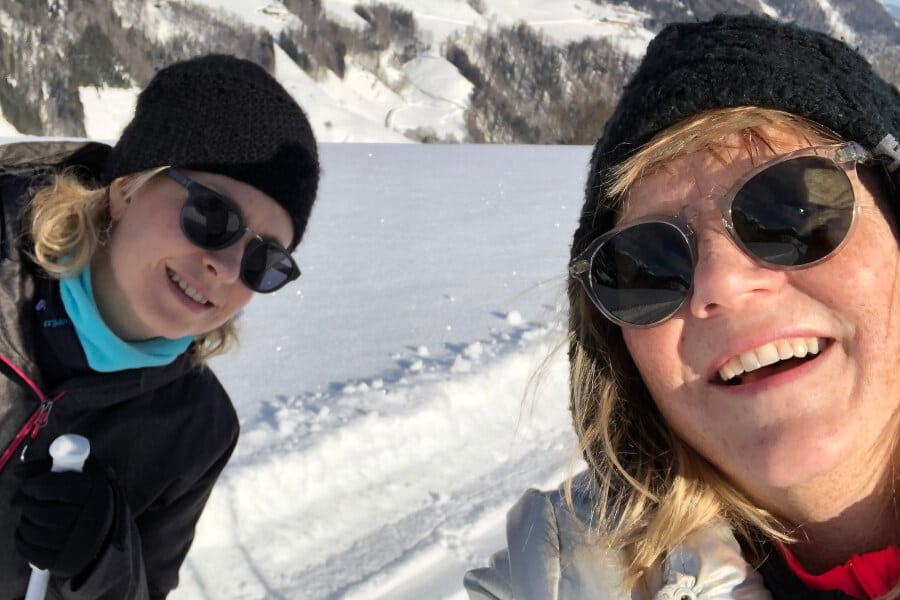




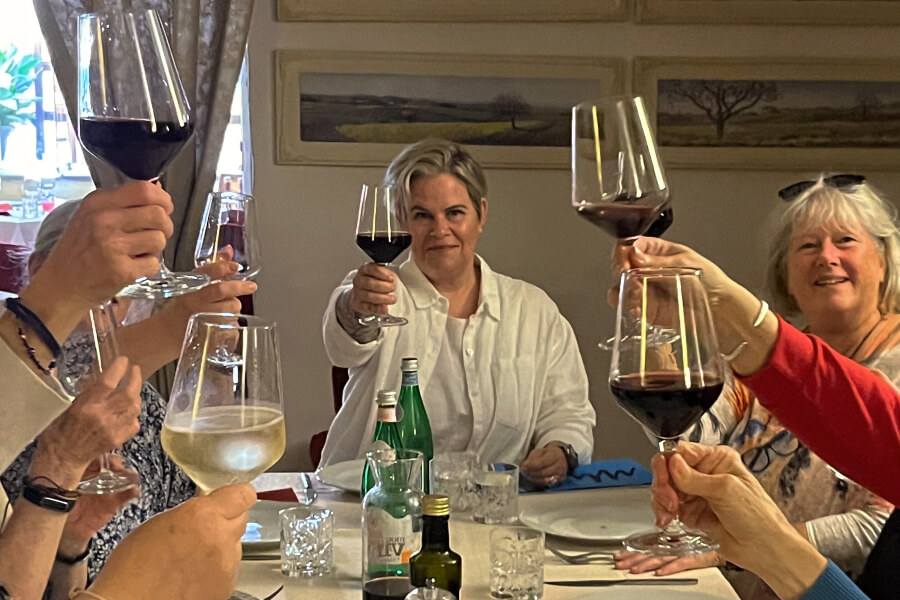
0 Comments